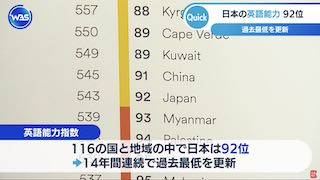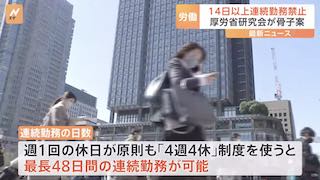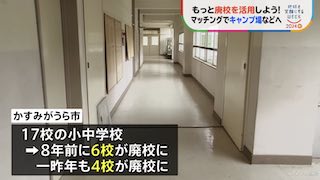Mar 30 (NHK) - Mount Fuji has not erupted in more than 300 years, but Japan has a new strategy in case an eruption is imminent.
A major blowup could prove catastrophic for neighboring communities and also paralyze daily life in Tokyo and beyond.
The evacuation plan was unveiled on Wednesday. It was developed by three prefectures along with the central government.
About 800,000 people living in Shizuoka, Yamanashi and Kanagawa Prefectures would be subject to evacuation. The plan aims to leave no one behind, including climbers and tourists around Japan's highest peak.
People will be asked to voluntarily evacuate well before a potential eruption, depending on the alert level and their location at the time.
Volcanic ash could travel as far as central Tokyo, depending on weather conditions. The ash could also cause road closures, crippling freight transportation and significantly impacting commerce.
The plan asks people to stay indoors to avoid the ash, and ensure they have enough food and water on hand to last for at least a week. ...continue reading
Source: ANNnewsCH















